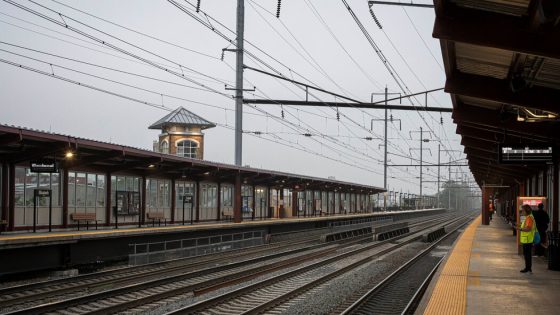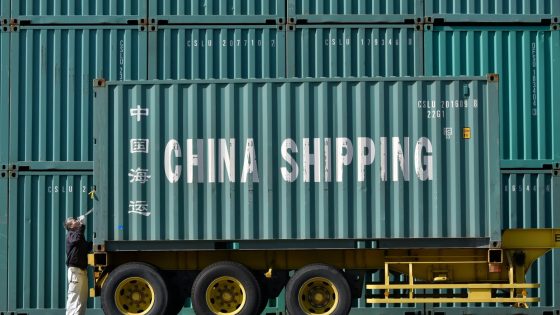An agreement was reached on Sunday to end New Jersey’s first statewide transit strike in over 40 years, highlighting the ongoing challenges faced by labor unions globally. The strike, which began on Friday, disrupted the daily commute for thousands, emphasizing the critical role of transit systems in urban economies.
- New Jersey's first statewide transit strike ended.
- Agreement reached with Brotherhood of Locomotive Engineers.
- Engineers must ratify new contract terms.
- Strike began early Friday, affecting commuters.
- Union sought pay parity with other railroads.
- NJ Transit serves 350,000 passengers daily.
This significant labor action drew attention not just in the U.S., but internationally, as it reflects broader Trends in labor disputes worldwide. The details of the agreement, including the terms for the Brotherhood of Locomotive Engineers and Trainmen, were expected to be announced by Governor Philip D. Murphy on Sunday night, with workers set to resume duties on Monday.
This strike raises important questions about labor relations in various regions. How do labor disputes impact economic activity? And what lessons can be learned from New Jersey’s situation? Globally, labor negotiations are becoming increasingly complex as workers demand fair compensation and working conditions.
- Labor disputes can disrupt economies, as seen with New Jersey’s transit strike.
- Workers worldwide are advocating for better pay and conditions, reflecting a growing trend.
- Transit systems are vital for urban mobility, affecting millions daily.
- Negotiations in one region can influence labor strategies globally.
As labor movements gain momentum across the globe, it’s crucial for stakeholders to engage in constructive dialogue. Will we see more collaborative solutions in the future?
































